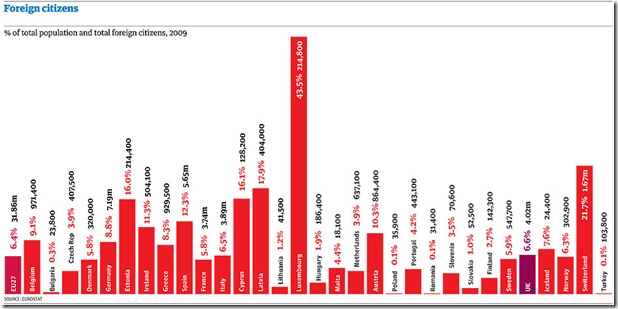Thousands of people die each year trying to cross the Mediterranean to seek asylum in Europe. Christopher and Regina Catrambone, American and Italian entrepreneurs, decided to take matters into their own hands and set up their own private rescue mission.
Naturally when I read that
"a fundraising drive by the activist organisation Avaaz reached $500,000, slightly less than a month’s costs”,
I started wondering about cost effectiveness. Elsewhere the Guardian article states
"Setting up Moas was not cheap, with monthly operating costs of up to €600,000"
and
"The Phoenix rescued 1,462 people in 10 weeks"
So let’s go with the higher figure of €600,000 per month - over 10 weeks (2.3 months) that is a total cost of €1.4m (roughly $1.6m or £1m). And to save 1,462 people, that is a cost of £700 (~ $1000) per death averted.
Is that a lot or a little? As Owen has pointed out, the UK NHS considers anything less than £100,000 per death averted to be good value for money.
At the other extreme, childhood vaccinations, "long recognized as among the most cost-effective uses of limited health resources in low-income countries” (Disease Control Priorities) cost $275 per death averted.
At face value, Catrambone’s "Migrant Offshore Aid Station" (MOAS) looks like a pretty good value for money philanthropic bet.


